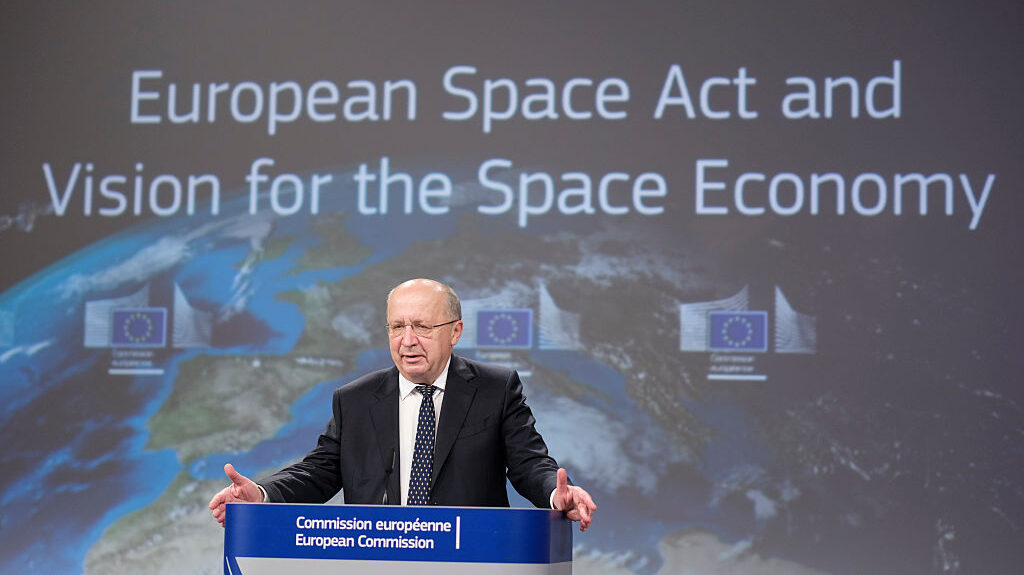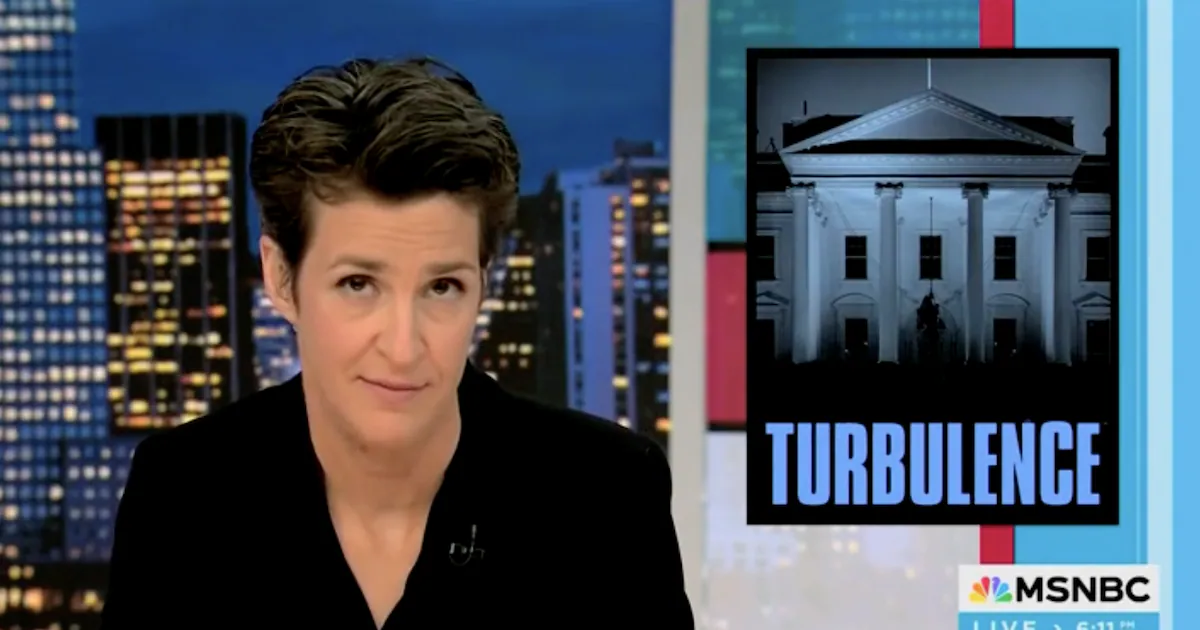Copyright Breaking Defense

WASHINGTON — The US has come out swinging against a draft law by the European Union that Washington claims would establish restrictive market barriers, impose costly environmental protection requirements, and create regulatory hurdles for US commercial firms — thus undermining bilateral, as well as NATO-wide, cooperation. The US “expresses deep concern regarding measures in the proposed Act that would impose unacceptable regulatory burdens on U.S. providers of space services to European customers,” the State Department charges in a document submitted to the EU on Tuesday. The draft EU Space Act, publicized in June, has three key pillars, according to a fact sheet by the European Commission, the EU’s executive branch: “Safety: The Act introduces robust rules for tracking space objects and mitigating space debris, preserving Europe’s secure and uninterrupted access to space. Resilience: Tailored cybersecurity requirements will strengthen protection of European space infrastructure and ensure business continuity. Sustainability: Operators will need to assess and reduce the environmental impact of their space activities, while benefiting from support for innovation in emerging technologies like in-orbit servicing and debris removal.” The European Commission maintains that the goals of the draft law are primarily aimed at domestic issues — namely to overcome national stovepipes and create a unified regional space market, as well as protect EU space systems from malicious cyber attacks by criminals and adversary governments alike. “The EU Space Act intends to cut red tape, protect space assets, and create a fair, predictable playing field for businesses,” the Commission said in a June 24 press release presenting the draft. But it’s also yet another prong in a cross-institutional regional effort to bolster “strategic autonomy” in the face of widespread European government concerns about the direction of US policy, ranging from the Trump administration’s about-face on Ukraine support in war with Russia to the president’s punitive tariffs on European imports. The push for EU security independence includes the planned move by the European Space Agency, for the first time in its 50-year existence, to take on projects in support of European defense ministries. “This is about safeguarding Europe’s place in the next era of space innovation,” the European Commision, the EU’s executive branch, said in a June 24 post on Facebook. The State Department’s analysis, meanwhile, claims the Act’s provisions in general amount to “non-tariff barriers.” If approved, the law would “introduce challenges” to US government-to-government cooperation with the 27-member EU, individual EU countries, and ESA, State says. This would include cooperation in the areas of “space weather, remote sensing, space exploration, spaceflight safety, space debris mitigation and remediation, [and] communications.” Provisions of specific concern include environmental protection requirements for commercial satellites that are more strict than those imposed by US regulatory bodies and a “discriminatory” clause that says outside EU launch providers will only be approved “when ‘no readily available substitute or realistic alternative exist in the Union […].'” The document asserts that the draft law thus “contradicts” the Aug. 21 “United States-EU Framework on an Agreement on Reciprocal, Fair and Balanced Trade” designed “to resolve trade imbalances, improve market access, increase our trade and investment relationship, and reduce or eliminate non-tariff barriers.” State also argues that even some EU member states may not approve of any union restrictions on their individual government rights to choose space partnership agreements with third-party nations. “As currently drafted, the EU Space Act would apply to civil governmental activities of European countries and European institutions such as the European Space Agency (ESA) and the European Organisation for the Exploitation of Meteorological Satellites (EUMETSAT). Many USG [US government] departments and agencies cooperate with EU member states and these institutions,” the document stresses. For example, the Defense Department relies in part on data from EUMETSAT birds for weather prediction crucial to planning operations abroad. “We are concerned that as drafted, the requirements of the Act could be interpreted as applying to these USG activities. That is not acceptable, and we expect many EU member states will share our concerns about application of the Act to national sovereign activities,” State’s analysis stresses. Further, the document asserts that the provision in the draft EU law to allow exemptions by member states for national security reasons is not enough to ensure military-to-military cooperation with the US and NATO-wide. “[W]hile the EU Space Act attempts to exempt national security activities, this exemption could cause issues in practice as currently drafted. The United States does not believe the provisions are sufficient to protect national security equities, assets, and operations because the Act threatens U.S. and EU development of commercial space capabilities, introducing doubt about interoperability of systems and the ability to use collaboratively developed or owned space assets for national security purposes,” it states. The submission notes that the response, which includes provision-by-provision criticisms and recommendations for changes, was coordinated with other US agencies and space industry representatives. “Following the release of the draft EU Space Act in June 2025, the U.S. Departments of State and Commerce solicited feedback from USG agencies and commercial stakeholders on its potential impact on the United States. This consultation included input from U.S. trade associations representing a broad cross-section of the U.S. commercial space industry, as well as over 70 responding companies that have active or potential future commercial interests in the EU market,’ the document explains. In particular, State argues that several provisions seemed aimed at US companies solely because of their size and dominance in the global market, especially in the area of “large telecommunications constellations” — that appears to be, while not specifically saying so, taking aim at EU efforts to counter SpaceX. “Such unfair and unwarranted regulations are unacceptable to the United States and must be removed,” the document states. The draft EU Space Act has been referred to the EU Parliament for debate. If given a thumbs up, the draft will then go to the ruling EU Council of Ministers for a vote.



